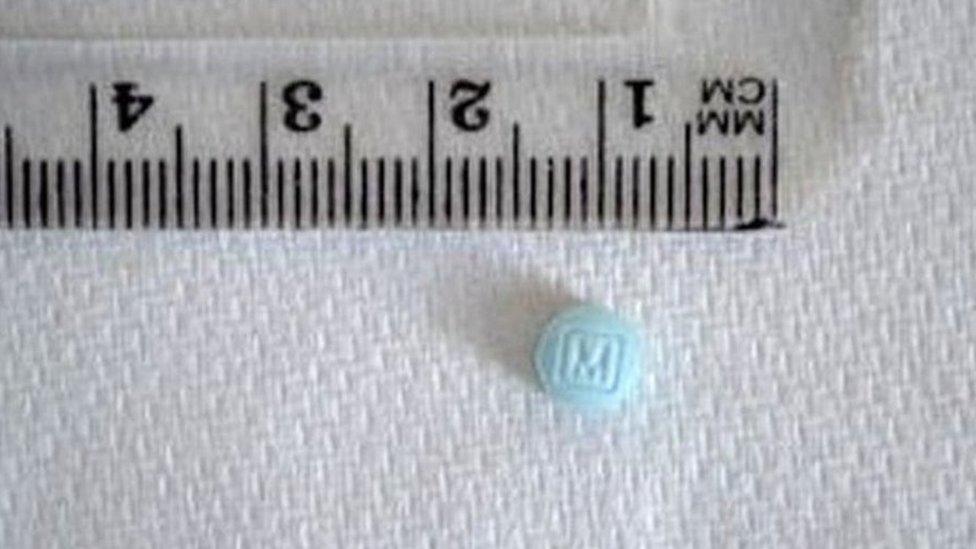Nitazenes the 'main concern' for Norfolk drug support service
- Published

Jack Cross, a co-ordinator at Change Grow Live , has warned of the danger of a new type of synthetic opioid called nitazenes
A new super-strength drug linked to scores of deaths in the UK has become a main concern for a support service.
Change Grow Live, Norfolk's alcohol and drug "behaviour change service", has warned of the danger of a new type of synthetic opioid called nitazenes.
Jack Cross, a co-ordinator at the service, told the BBC that Norfolk could see a "lot more overdoses".
He issued a warning as ministers took steps to keep nitazenes off the streets.
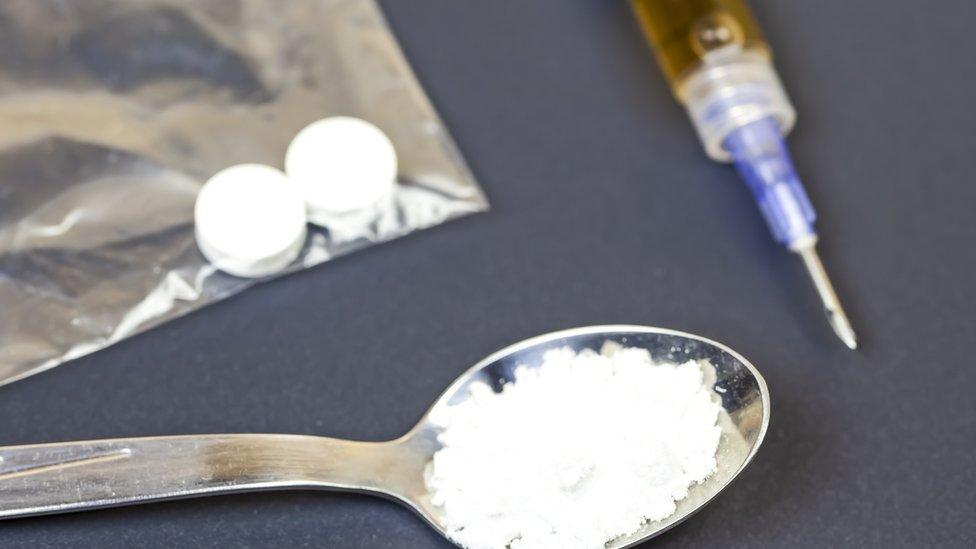
Nitazenes can be injected, inhaled or swallowed
More than 100 deaths have been linked to nitazenes since the summer, according to the National Crime Agency (NCA).
Home Secretary James Cleverly has said the government will undertake a range of measures, external to keep nitazenes off the streets.
Fifteen synthetic opioids have been classified as Class A drugs this week.
The Home Office said people convicted of supplying the substances would face "tough penalties".
"They are very, very new to us," Mr Cross told BBC Radio Norfolk.
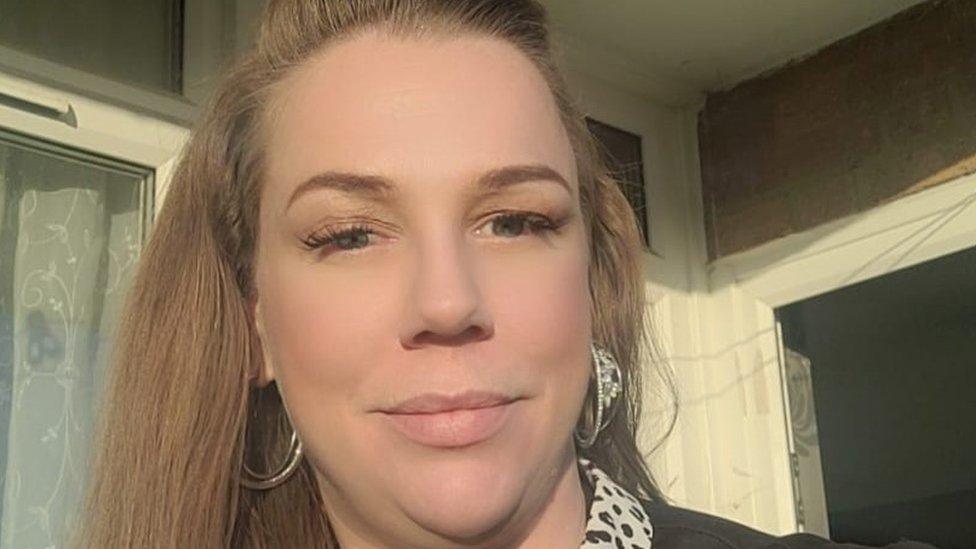
Former heroin and cocaine user Gennine Bird says people in Norfolk have died after overdosing on synthetic opioids
"It's our main cause for concern with the changing drug market."
Mr Cross said if people turned to the stronger drugs there would be a "lot more overdoses".
"Many of those users may not still be with us," he added.
"That's the unfortunate truth of the matter."
'Believable number'
One former heroin and cocaine user told BBC Norfolk that synthetic opioids were being put into heroin and cocaine and causing deaths in Norfolk.
"I know personally 20 people in the last year that have overdosed and died due to synthetic opioids," said Gennine Bird, 38, who is from the Mile Cross area of Norwich.
"We are talking about people that have got a 20-year drug history, that have got very high tolerances, and they are trying this for the first time."
Mr Cross said it was "impossible" to give accurate figures but told the BBC that "20" was a "believable number".
The NCA believed nitazenes were produced in illicit labs in China and brought into the UK through the Royal Mail and other parcel operators.
A Norfolk Police spokesman said: "Where synthetic opioids are suspected of being the reason for an overdose, we will liaise with our partners Change Grow Live to ensure a public health message goes out to their service users."

Find BBC News: East of England on Facebook, external, Instagram, external and X, external. If you have a story suggestion email eastofenglandnews@bbc.co.uk, external
Related topics
- Published20 March 2024
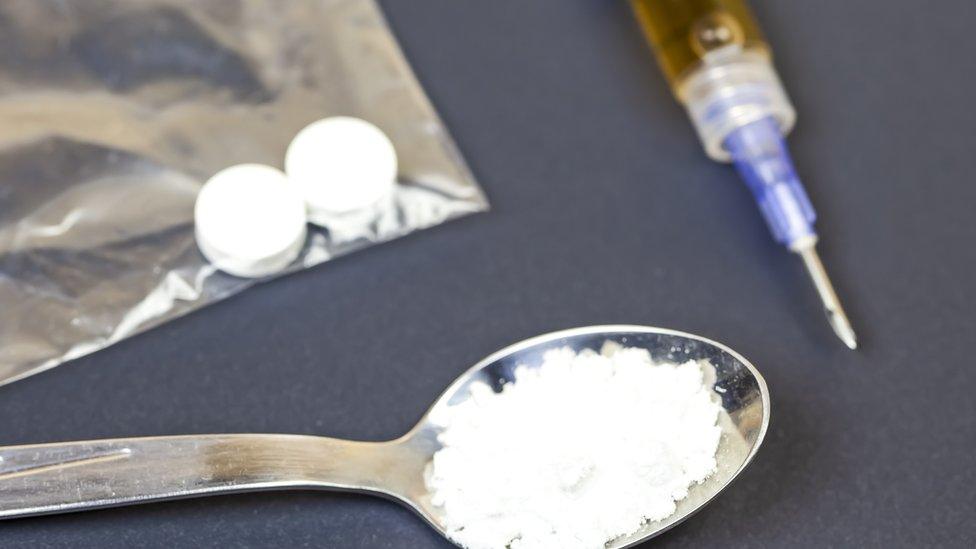
- Published22 December 2023
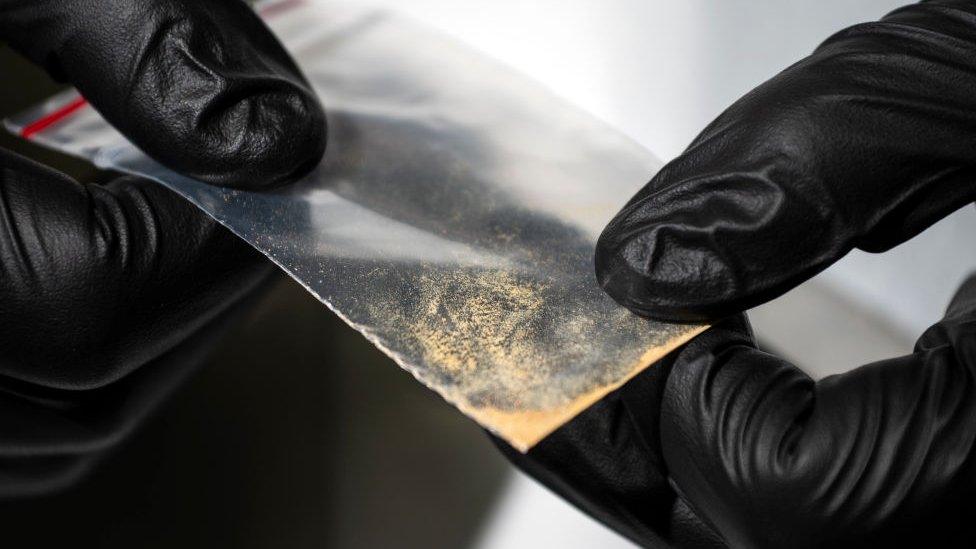
- Published15 December 2023
